Once you have made the decision to file bankruptcy, there are many aspects of the process that you want to be aware of. For example, different varieties of bankruptcies have different stipulations regarding keeping your current property.
Many people worry that they may lose their home as a consequence of filing bankruptcy. There are certain instances where people do lose their homes, but whether this occurs depends on several factors. According to Findlaw, what property you lose, if any, depends on the variety of bankruptcy you file.
What bankruptcy takes property?
The two most common varieties of bankruptcy that individuals file are Chapter 7 and Chapter 13. Chapter 7 bankruptcy is a “liquidation” bankruptcy, and this is the variety of bankruptcy where you may lose property. If you file a Chapter 13 bankruptcy, or a “reorganization” bankruptcy, you will get to keep all of your property as a condition of bankruptcy.
The majority of individuals file Chapter 7 bankruptcy, given that you need to have a higher income threshold in order to qualify for Chapter 13.
If I file Chapter 7, will I lose my house?
Not necessarily. Whether or not the courts liquidate your house as a condition of Chapter 7 bankruptcy depends on the equity held in the house. If your equity is either low or negative, it is likely that the courts will exempt your house from the process and you will keep it.
However, it is important to understand that after Chapter 7 you will need to continue to make mortgage payments on your property if you wish to keep it. Filing a Chapter 7 bankruptcy does not exempt you from foreclosure in the event of non-payment.


